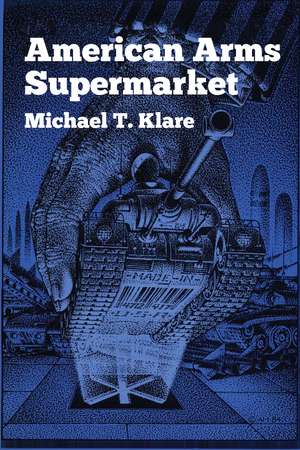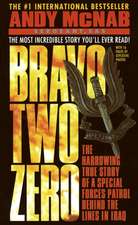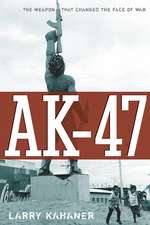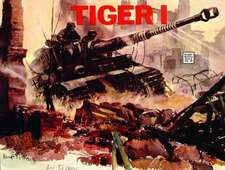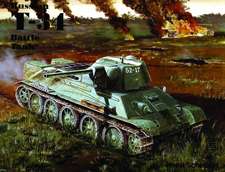American Arms Supermarket
Autor Michael T. Klareen Limba Engleză Paperback – 31 ian 1985
Tracing U.S. policies, practices, and experiences in military sales to the Third World from the 1950s to the 1980s, Klare explains how the formation of U.S. foreign policy did not keep pace with its escalating arms sales—how, instead, U.S. arms exports proved to be an unreliable instrument of policy, often producing results that diminished rather than enhanced fundamental American interests. Klare carefully considers the whole spectrum of contemporary American arms policy, focusing on the political economy of military sales, the evolution of U.S. arms export policy from John F. Kennedy to Ronald Reagan, and the institutional framework for arms export decision making. Actual case studies of U.S. arms sales to Latin America, Iran, and the Middle East provide useful data in assessing the effectiveness of arms transfer programs in meeting U.S. foreign policy objectives.
The author also rigorously examines trouble spots in arms policy: the transfer of arms-making technology to Third World arms producers, the relationship between arms transfers and human rights, and the enforcement of arms embargoes on South Africa, Chile, and other “pariah” regimes. Klare also compares the U.S. record on arms transfers to the experiences of other major arms suppliers: the Soviet Union and the “big four” European nations—France, Britain, the former West Germany, and Italy. Concluding with a reasoned, carefully drawn proposal for an alternative arms export policy, Klare vividly demonstrates the need for cautious, restrained, and sensitive policy.
Preț: 263.54 lei
Nou
Puncte Express: 395
Preț estimativ în valută:
50.43€ • 54.95$ • 42.49£
50.43€ • 54.95$ • 42.49£
Carte tipărită la comandă
Livrare economică 23 aprilie-07 mai
Preluare comenzi: 021 569.72.76
Specificații
ISBN-13: 9780292703704
ISBN-10: 0292703708
Pagini: 326
Dimensiuni: 152 x 229 x 15 mm
Greutate: 0.48 kg
Editura: University of Texas Press
Colecția University of Texas Press
ISBN-10: 0292703708
Pagini: 326
Dimensiuni: 152 x 229 x 15 mm
Greutate: 0.48 kg
Editura: University of Texas Press
Colecția University of Texas Press
Notă biografică
Michael T. Klare is Professor of Peace and World Security Studies at Hampshire College, Massachusetts.
Cuprins
- Acknowledgments
- 1. The Global Arms Market: A Briefing on the Arms Trade
- 2. Primal Motives: The Political Economy of Arms Sales
- 3. The Evolution of Doctrine: U.S. Arms Export Policy from Kennedy to Reagan
- 4. The Implementation of Policy: Arms Export Decisionmaking
- 5. The Limits of Policy: U.S. Arms Exports to Latin America
- 6. Arms and the Shah: The Rise and Fall of the “Surrogate Strategy”
- 7. After the Shah: U.S. Arms Sales to the Middle East in the 1980s
- 8. Coproduction and Licensing: The Export of America’s Arms-Making Technology
- 9. Arms Sales and Human Rights: The Merchants of Repression
- 10. A Look at the Competition: Soviet and European Arms Sales to the Third World
- 11. Promoting Global Stability: An Alternative Policy Framework
- Appendix 1. U.S. Military Exports by sProgram, Fiscal 1950–82
- Appendix 2. U.S. Arms Transfers to Third World Police Forces by Country, September 1976–May 1979
- Notes
- Selected Bibliography
- Index
Descriere
How a steady growth in arms sales places global security and stability in jeopardy.
